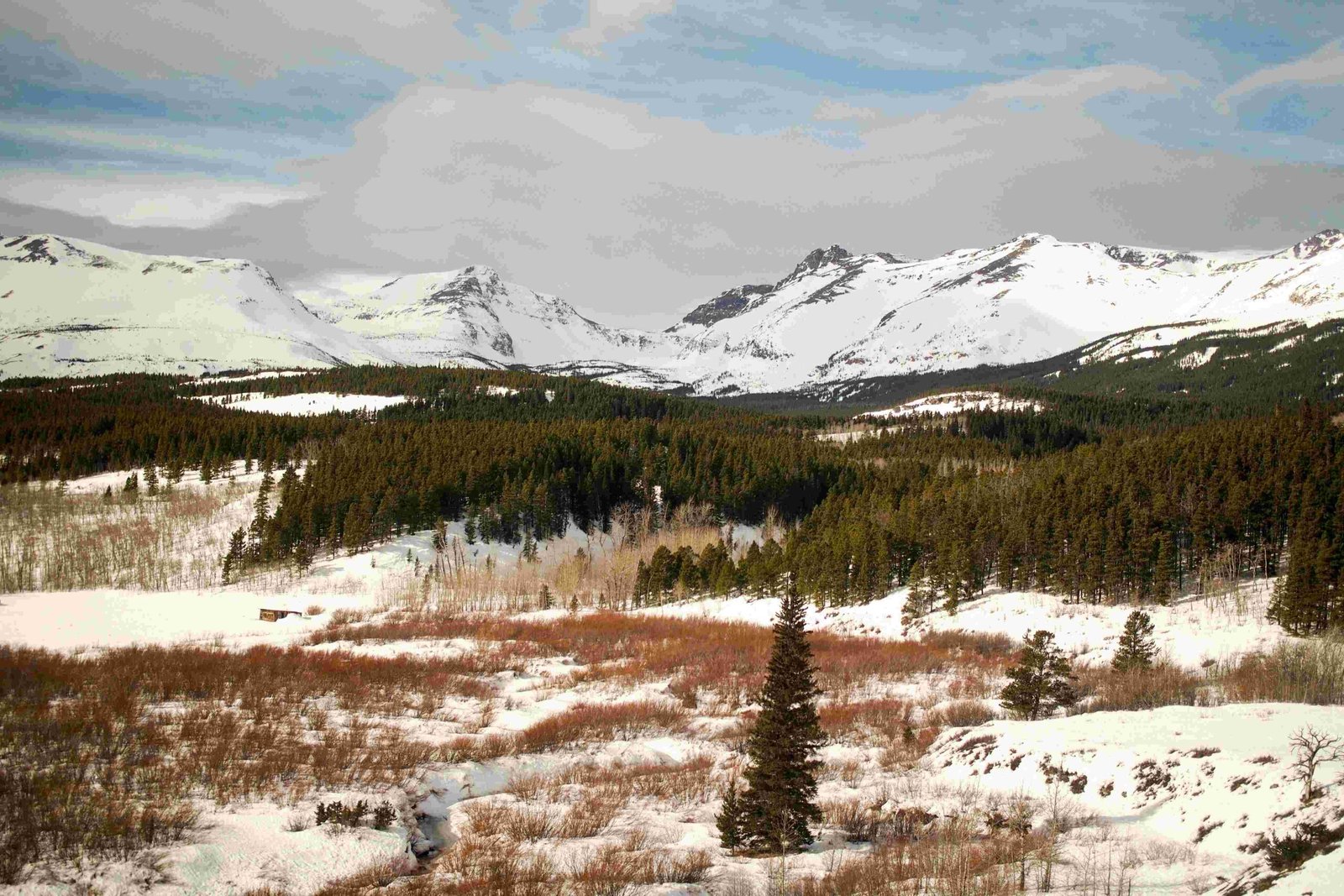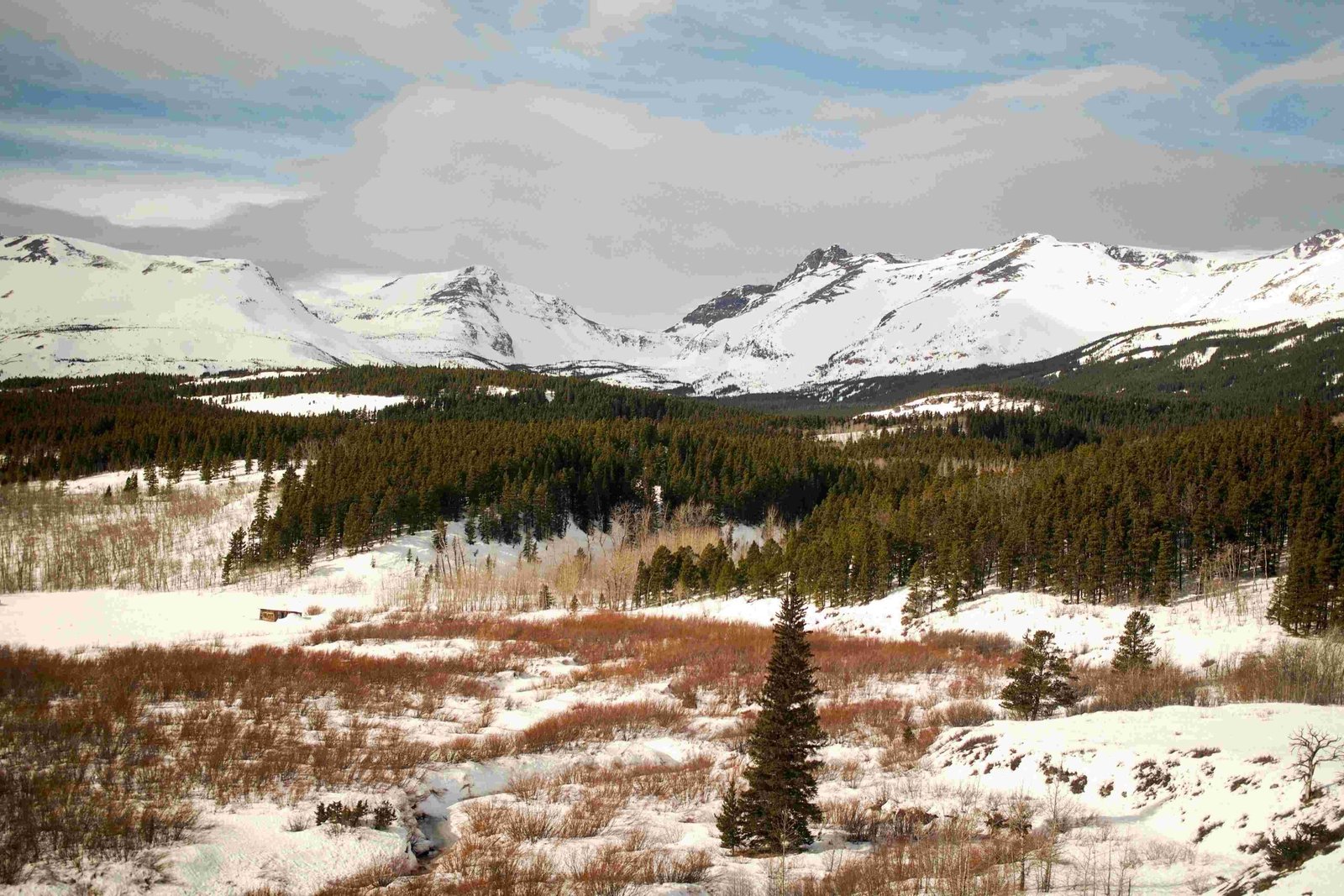The bicycle event in Glacier National Park is a thrilling 6-day charitable cycling adventure that spans two national parks: Glacier National Park in Montana and Waterton National Park in Canada. Scheduled for July 2025, this event, known as the Glacier Ride, offers participants a unique opportunity to explore breathtaking landscapes while supporting clean energy and conservation efforts. With routes covering iconic paths like Going-to-the-Sun Road and Looking Glass Pass, cyclists of various skill levels can challenge themselves amidst stunning natural beauty.
What is the Glacier Ride and When Does it Take Place?

The Glacier Ride is a 6-day charitable cycling event scheduled for July 2025. It’s designed to raise funds for clean energy, conservation, and bicycling efforts in Glacier National Park. The event spans two national parks: Glacier National Park in Montana and Waterton National Park in Canada.
Key features of the event include:
- Duration: 6 days
- Location: Glacier National Park (Montana) and Waterton National Park (Canada)
- Purpose: Fundraising for conservation and clean energy initiatives
- Cycling routes: Includes iconic paths like Going-to-the-Sun Road and Looking Glass Pass
How Can Cyclists Register for the Glacier National Park Bicycle Event?

Registration for the Glacier Ride involves a fundraising commitment. Here’s what you need to know:
- Visit the Climate Ride website (www.climateride.org)
- Navigate to the Glacier Ride event page
- Complete the registration form
- Agree to the fundraising commitment (exact minimum not specified)
- Pay any required registration fees
Note: The fundraising aspect is crucial as proceeds go directly to supporting clean energy, conservation, and bicycling efforts in Glacier National Park.
What are the Key Routes and Distances for the Glacier Ride?
The Glacier Ride offers a variety of routes over its 6-day duration. Here’s a breakdown of some key routes:
| Day | Route | Distance | Key Features |
|---|---|---|---|
| 1 | East Glacier Lodge to Two Medicine Lake | 22 miles | Scenic start to the journey |
| 2 | Looking Glass Pass (with optional extension) | 26 or 67 miles | Challenging climb, optional ride to Many Glacier |
| 3 | St. Mary to Waterton Lakes National Park | 48 miles | Cross-border ride, Chief Mountain Overlook |
For those opting for the extended version that includes Banff National Park, additional routes include:
- Going-to-the-Sun Road
- Kananaskis Highway
- Icefields Parkway
- Stop at Lake Louise
These routes offer varying distances and elevations, catering to different skill levels and preferences.
What Amenities are Provided During the Glacier Ride?
Participants in the Glacier Ride can expect a range of amenities to support their journey:
- Accommodations:
- Camping facilities
-
Some tours offer lodging options (e.g., Grouse Mountain Lodge)
-
Meals:
- Provided throughout the event
-
Catering to various dietary requirements
-
Logistical Support:
- Gear transportation
- Support vehicles
-
Mechanical assistance
-
Bike-related Services:
- Bike rentals available through partners
-
Bike shipping services for those bringing their own bikes
-
Guided Experience:
- Professional guides leading the way
-
Information about local ecology and history
-
Additional Activities:
- Some tours include extras like whitewater rafting
What are the Different Difficulty Levels Available for Cyclists?
The Glacier Ride caters to cyclists of various skill levels. Here’s an overview of the difficulty levels typically offered:
- Easy:
- Shorter daily distances (e.g., 15 miles)
- Lower elevation gains (e.g., 766 ft)
-
Suitable for beginners or those preferring a leisurely pace
-
Moderate:
- Medium daily distances (e.g., 24 miles)
- Moderate elevation gains (e.g., 1484 ft)
-
Ideal for regular cyclists with some experience
-
Seasoned:
- Longer daily distances
- Higher elevation gains
-
Challenging routes for experienced cyclists
-
Customizable Options:
- Some tour operators offer flexible itineraries
- Participants can often choose their daily distance and difficulty
What are the Primary Cycling Routes Within Glacier National Park?
Glacier National Park offers several iconic cycling routes. Here are the main ones:
- Going-to-the-Sun Road:
- Distance: Approximately 50 miles
- Highest Point: Logan Pass (6,646 ft)
- Surface: Paved
- Highlights: Bird Woman Falls, Weeping Wall
-
Challenges: Heavy traffic, narrow sections
-
Looking Glass Pass:
- Part of longer routes (e.g., 26 or 67 miles on Day 2 of Glacier Ride)
- Significant elevation gain
- Known as the ‘sister road’ of Going-to-the-Sun Road
-
Offers views of the Rocky Mountain Front
-
Chief Mountain Highway:
- Part of a 48-mile route on Day 3 of Glacier Ride
- Features the Chief Mountain Overlook
- Crosses the U.S.-Canada border
Each of these routes offers unique challenges and breathtaking scenery, making them integral parts of the Glacier National Park cycling experience.
How are Group Sizes and Safety Managed During the Event?
Safety and group management are crucial aspects of the Glacier Ride:
- Group Sizes:
- Typically range from 6 to 15 cyclists
-
Managed by experienced tour operators
-
Safety Protocols:
- Participants must adhere to park regulations
- Awareness of road and weather conditions is crucial
-
Some sections may be closed to bicycles during peak season
-
Guide Support:
- Professional guides lead groups
-
Provide information on safety, local conditions, and park rules
-
Vehicle Support:
- Support vehicles accompany cyclists
-
Offer assistance in case of emergencies or fatigue
-
Equipment Checks:
- Regular bike maintenance checks
-
Safety gear requirements (e.g., helmets)
-
Briefings:
- Daily briefings on route conditions and potential hazards
- Information on wildlife safety and park etiquette
What Transportation Options are Available for Participants?
Transportation logistics for the Glacier Ride are well-organized:
- Arrival:
- Participants responsible for getting to Whitefish or Kalispell, Montana
-
Nearest airports: Glacier Park International Airport (FCA) or Missoula International Airport (MSO)
-
Event Start:
- Typical start time: 9:00 AM in Whitefish
-
Shuttle services provided to East Glacier
-
During the Event:
- Shuttle services between lodging and ride start/end points
-
Support vehicles follow riders for emergencies and gear transport
-
Inter-Park Travel:
-
Organized transportation for cross-border sections (U.S. to Canada)
-
Post-Event:
- Return shuttles to Whitefish or Kalispell
-
Assistance with arranging onward travel if needed
-
Bike Transportation:
- Services available for shipping personal bikes
- Rental bikes can be returned at the event conclusion
How Can Interested Cyclists Get More Information About the Event?
For those interested in participating in the Glacier Ride or similar events in Glacier National Park, here are the best ways to get more information:
- Climate Ride:
- Website: www.climateride.org
- Specific page for Glacier Ride event
-
Contact form available for inquiries
-
Escape Adventures:
- Website: www.escapeadventures.com
- Offers Glacier National Park Road Bike Tour
-
Detailed itineraries and booking information available
-
Lizard Head Cycling Guides:
- Website: www.lizardheadcyclingguides.com
- Phone: 970.728.5891
-
Provides guided tours in Glacier National Park
-
National Park Service:
- Official Glacier National Park website: www.nps.gov/glac
- Specific page for bicycling information: www.nps.gov/glac/planyourvisit/bicycling.htm
-
Updates on park conditions and regulations
-
Social Media:
- Follow official park accounts and tour operators for latest updates
-
Join cycling groups focused on national park rides
-
Local Bike Shops:
- Shops in Whitefish and surrounding areas often have information on local events and conditions
By utilizing these resources, potential participants can gather comprehensive information about the Glacier Ride and other cycling opportunities in Glacier National Park, ensuring they’re well-prepared for an unforgettable biking adventure in one of America’s most stunning natural landscapes.
References:
1. Climate Ride – Glacier National Park
2. Escape Adventures – Glacier National Park Road Bike Tour
3. National Park Service – Bicycling in Glacier National Park